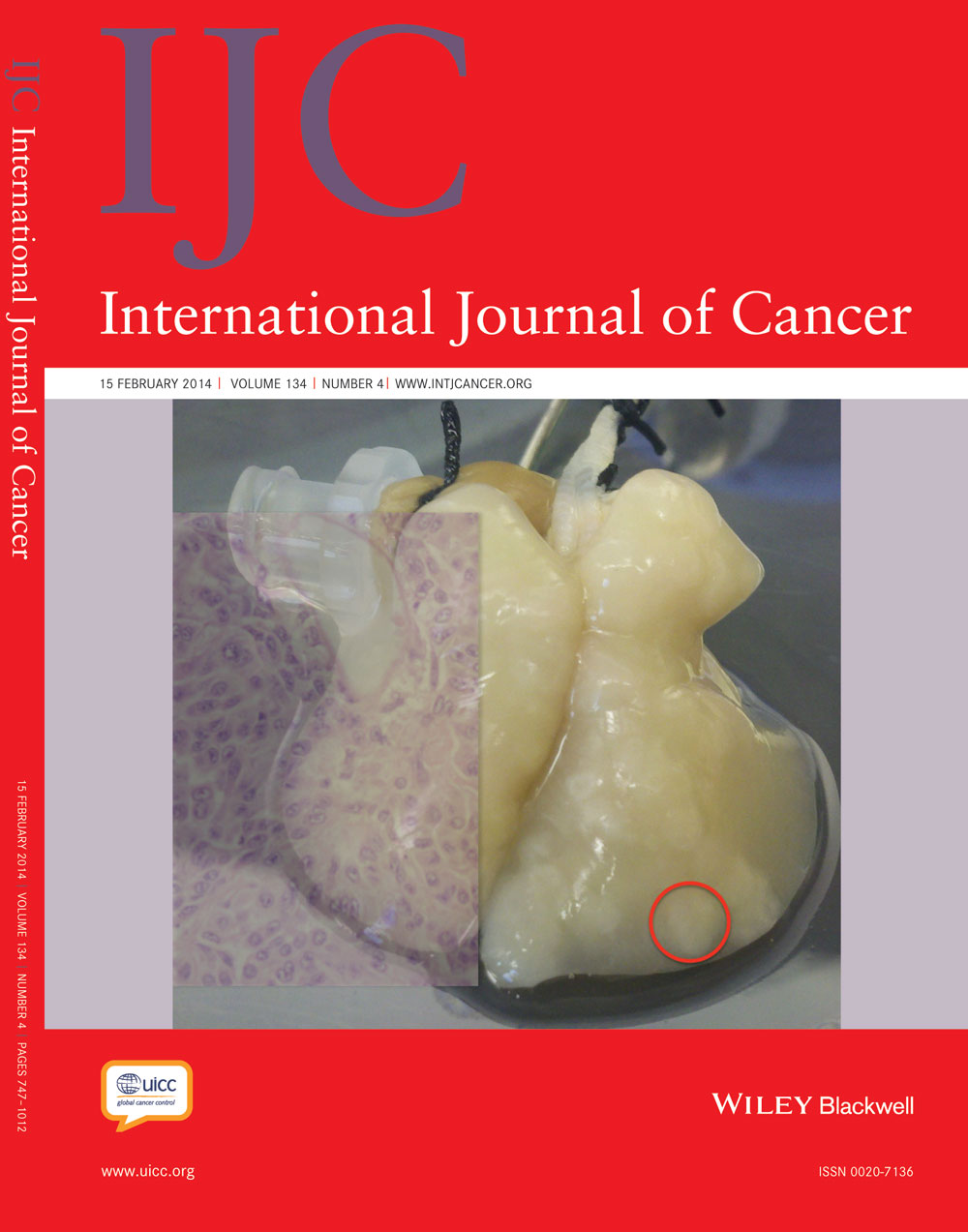Glioma-derived galectin-1 regulates innate and adaptive antitumor immunity
Abstract
Galectin-1 is a glycan-binding protein, which is involved in the aggressiveness of glioblastoma (GBM) in part by stimulating angiogenesis. In different cancer models, galectin-1 has also been demonstrated to play a pivotal role in tumor-mediated immune evasion especially by modulating cells of the adaptive immune system. It is yet unknown whether the absence or presence of galectin-1 within the glioma microenvironment also causes qualitative or quantitative differences in innate and/or adaptive antitumor immune responses. All experiments were performed in the orthotopic GL261 mouse high-grade glioma model. Stable galectin-1 knockdown was achieved via transduction of parental GL261 tumor cells with a lentiviral vector encoding a galectin-1-targeting miRNA. We demonstrated that the absence of tumor-derived but not of host-derived galectin-1 significantly prolonged the survival of glioma-bearing mice as such and in combination with dendritic cell (DC)-based immunotherapy. Both flow cytometric and pathological analysis revealed that the silencing of glioma-derived galectin-1 significantly decreased the amount of brain-infiltrating macrophages and myeloid-derived suppressor cells (MDSC) in tumor-bearing mice. Additionally, we revealed a pro-angiogenic role for galectin-1 within the glioma microenvironment. The data provided in this study reveal a pivotal role for glioma-derived galectin-1 in the regulation of myeloid cell accumulation within the glioma microenvironment, the most abundant immune cell population in high-grade gliomas. Furthermore, the prolonged survival observed in untreated and DC-vaccinated glioma-bearing mice upon the silencing of tumor-derived galectin-1 strongly suggest that the in vivo targeting of tumor-derived galectin-1 might offer a promising and realistic adjuvant treatment modality in patients diagnosed with GBM.
Abstract
What's new?
Galectin-1 is a glycan-binding protein that plays a major role in the aggressiveness of glioblastomas (GBMs), via a number of different mechanisms. In different types of tumors, galectin-1 has been demonstrated to contribute to tumor-mediated immune evasion. Whether glioma-derived galectin-1 also contributes to glioma-mediated immune evasion is unknown, however. In this study, the authors found that glioma-derived galectin-1 plays an important role in the regulation of myeloid cell accumulation within the tumor microenvironment. They also found that silencing of galectin-1 could improve glioma-bearing mice survival. Intratumoral silencing of galectin-1 may therefore offer a promising adjuvant treatment modality for patients with high-grade glioma.




